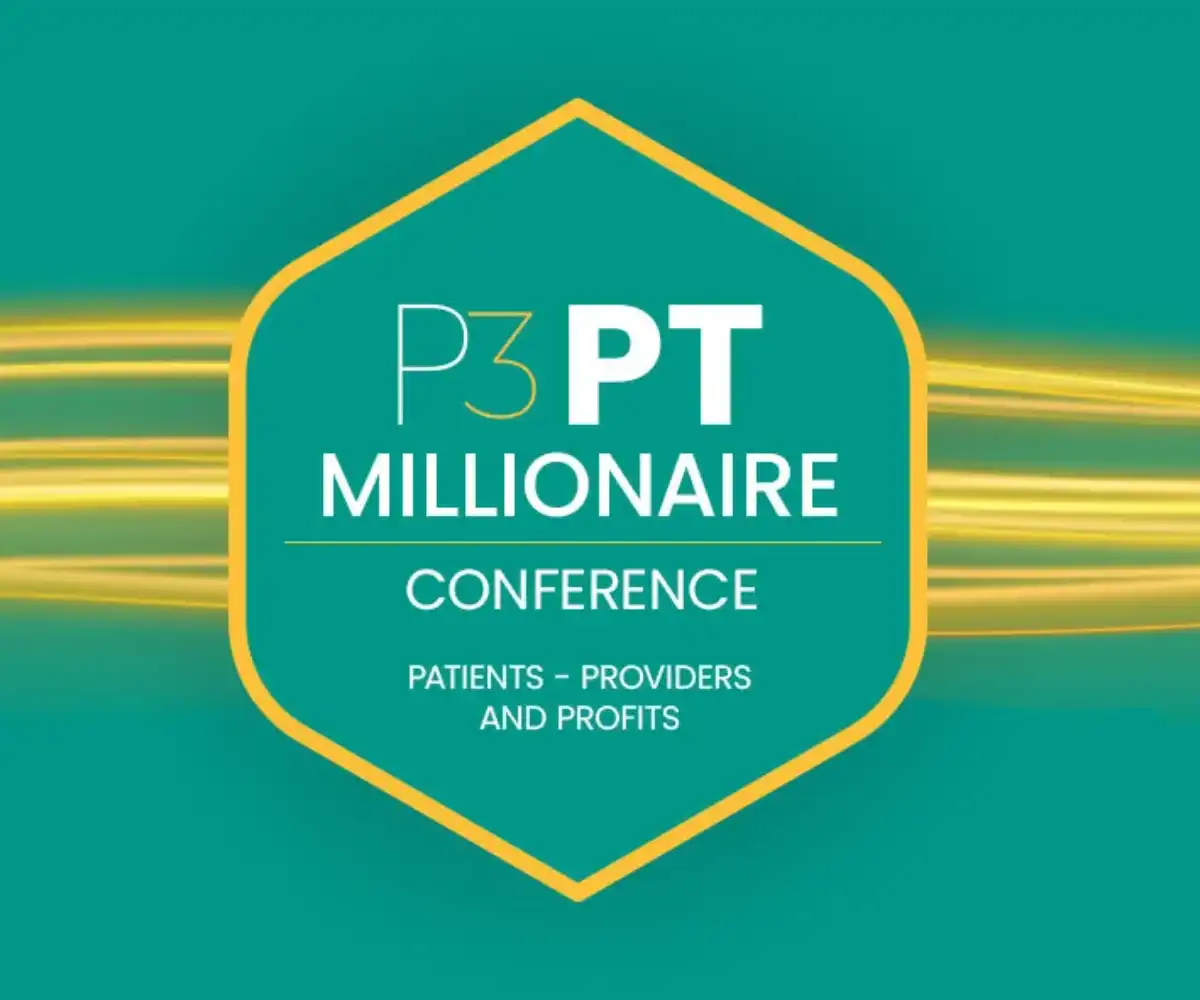As the healthcare landscape continues to evolve, so do the strategies and technologies driving Revenue Cycle Management (RCM) services. The year 2023 brings a host of emerging trends that are reshaping the way healthcare providers approach financial processes. In this blog post, we’ll explore the latest trends in RCM services, highlighting how they are optimizing financial operations, enhancing patient experiences, and driving the success of healthcare practices.
Embracing Automation and AI in RCM Services
Automation and Artificial Intelligence (AI) are no longer futuristic concepts; they’re becoming integral components of modern RCM services.
Automated Claims Processing
Automation is streamlining claims processing, reducing manual data entry, and minimizing errors. Claims can be submitted, tracked, and processed with minimal human intervention.
AI-Powered Predictive Analytics
AI-driven predictive analytics are revolutionizing RCM by identifying patterns in claims and payment data. This helps providers anticipate potential issues and make informed decisions to optimize financial outcomes.
Enhanced Patient Engagement through Technology
Technology is transforming patient engagement, allowing them to take an active role in the billing and payment process.
Patient Portals
Patient portals offer secure platforms where patients can access billing information, view statements, and make payments, enhancing transparency and convenience.
Mobile Apps and Messaging
Healthcare providers are leveraging mobile apps and messaging platforms to communicate billing information, payment reminders, and financial options directly to patients’ smartphones.
Telehealth Integration into RCM Services
Telehealth has become a staple of modern healthcare, and its integration into RCM services is a trend to watch.
Unified Billing
Providers are aligning telehealth billing with traditional billing processes, ensuring a seamless and integrated approach to revenue cycle management.
Remote Payment Solutions
Telehealth patients can now receive and make payments remotely through secure online platforms, enhancing patient convenience and streamlining financial transactions.
Data-Driven Insights for Informed Decision-Making
Data analytics is providing invaluable insights that guide strategic decisions, optimize operations, and improve financial outcomes.
Predictive Analytics for Denial Management
Data analytics is helping providers predict potential claim denials by analyzing historical data and patterns, allowing them to address issues proactively.
Tailored Revenue Strategies
Providers are using data analytics to develop tailored revenue strategies based on patient demographics, payer trends, and reimbursement patterns.
Patient-Focused Financial Communication
Effective financial communication with patients is becoming a cornerstone of successful RCM services.
Transparent Cost Estimation
Providers are offering patients accurate cost estimates for services before treatment, enabling them to make informed decisions and reducing surprises in billing.
Education and Resources
Healthcare organizations are providing patients with educational resources that help them understand insurance coverage, billing processes, and available financial assistance options.
Outsourcing vs. In-House: A Strategic Choice
The decision between outsourcing RCM services or managing them in-house is being approached with a strategic mindset.
Outsourcing Benefits
Outsourcing RCM services offers access to specialized expertise, advanced technology, and scalability without the need for extensive in-house resources.
In-House Control
Some providers are choosing to keep RCM services in-house to maintain direct control over processes and data security, especially in cases where customization is a priority.
Summarizing Revenue Cycle Management in 2023
As we navigate the ever-evolving landscape of healthcare, the emerging trends in Revenue Cycle Management services for 2023 are setting new standards for efficiency, patient engagement, and financial success. Automation, AI, patient-centric communication, telehealth integration, data analytics, and strategic outsourcing all play pivotal roles in shaping the future of RCM. By staying attuned to these trends and adapting their strategies accordingly, healthcare providers can optimize their financial operations, enhance patient experiences, and ensure their RCM services remain at the forefront of innovation. In this dynamic era, embracing these trends isn’t just a choice; it’s a strategic imperative for healthcare organizations aiming to thrive in the years to come.


